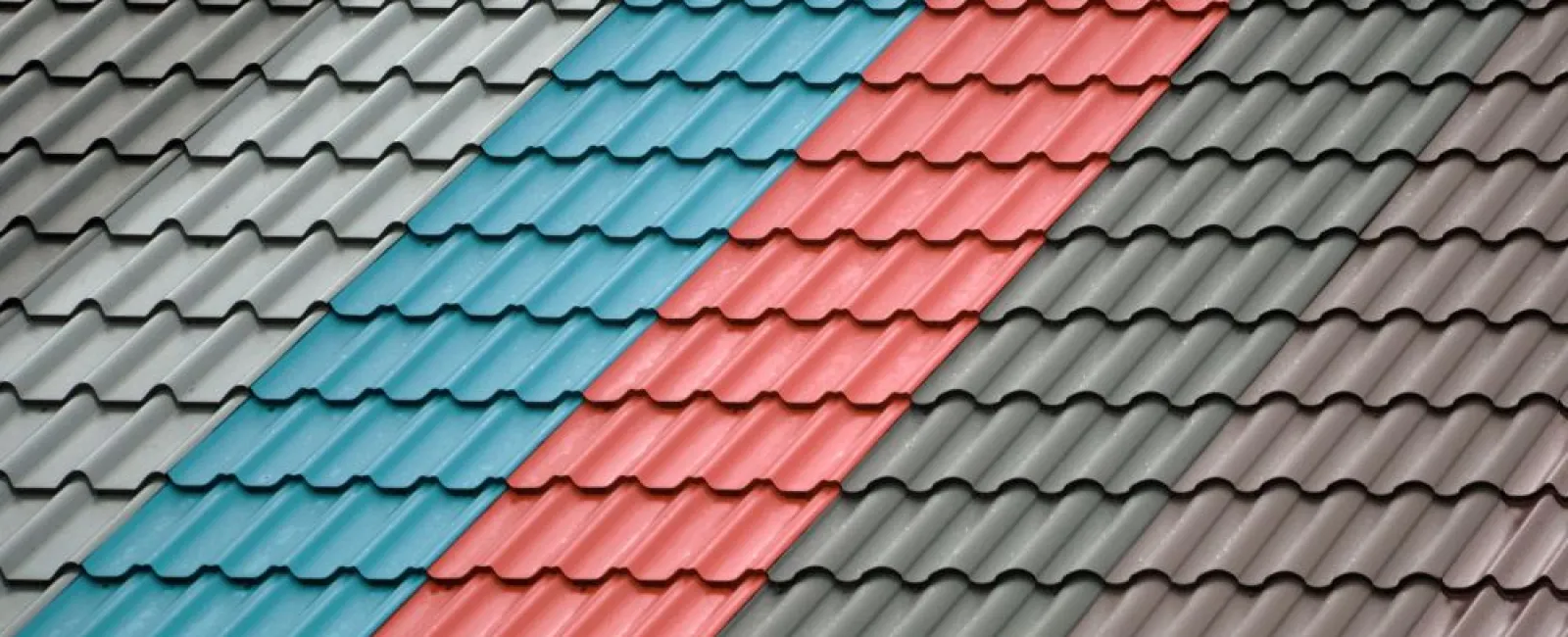Buildings of any purpose and intent perform best with superior fire resistant roofing materials. Understanding the breakdown of materials and fire rating classes is necessary to ensure adequate protection and security. Below, we provide all you need to know about the different materials and their classes.
Understanding Fire Ratings
A professional roof installer will point you in the best direction possible for a roof replacement or complete installation. They will use their knowledge and expertise to determine the best materials. One of these vital factors when determining the best options is understanding fire ratings and how they suit your building and environment.
Fire ratings are categorized into three classes: class A, class B, and class C. Each class signals a series of specifications that correspond to that material's ability to withstand heat, exposure, and atmospheric pressures.
Class A Fire Materials
Class A fire resistant materials have the highest fire rating and can withstand extreme temperatures, making them the most suitable for commercial roof replacements and installations. These materials suit dry climates or areas at increased risk of wildfires. Class A materials can include:
- Brick
- Gypsum
- Fiberglass asphalt composition shingles
- Metal roofs
Class B Fire Materials
Class B materials are average exposure materials and can only withstand moderate heat. They are combustible and generally not safe for commercial demands. Class B fire materials can include:
- Pressure-treated shakes and shingles
- Concrete tiles
- Clay tiles
Class C Fire Materials
Class C consists of wood shingles, plywood, or particleboard materials. These are highly flammable and serve general purposes—also not recommended for any roofing settings. Class C fire materials include:
- Asphalt Shingles
- Roofing membranes
- Wood shakes and shingles
The Best Fire Resistant Roofing Materials
Now that we know commercial buildings benefit greatly from class A fire-rated materials, let's explore those identities in closer depth.
1. Gypsum Cover Board
Gypsum cover board is an excellent fire-resistant roofing material because of its non-combustible nature and extreme durability. A primary component that makes gypsum so valuable is its crystallized water compounds. Once these crystallized water compounds vaporize, the gypsum cover board can resist fires naturally. Gypsum is classified as a class A fire-rated material because of its superior thermal barrier.
2. Clay Tiling
Clay, also known as slate, is nearly indestructible. Clay or slate tiles are fire resistant shingles that are incredibly heavy and require specific roofing experience for installation. The building structure must have supportive beams or braces to help the heavy materials achieve superior performance without caving in. Clay makes for fire resistant shinles that experience minimal fire damage.
3. Metal Paneling
Metal panels are among the most fire-resistant commercial roofing materials available and fall under the class A category. Metal roofing panels are generally comprised of steel, alloy, zinc, or copper and can withstand variable heat ratings with high levels of non-corrosive properties. Metal is viable in various design and architectural demands.
Connect with Northpoint Roofing Systems today to have your roof inspected or upgraded with the industry's best fire resistant roofing materials.

